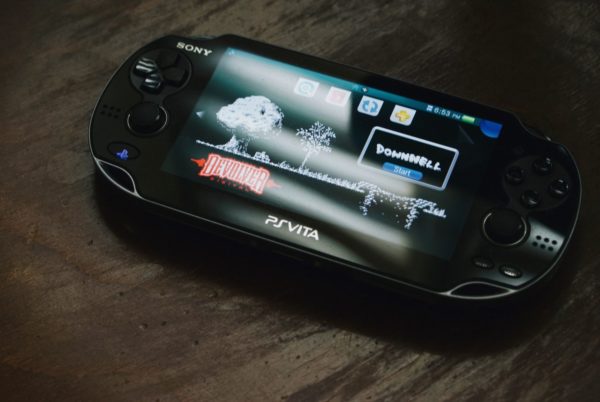Frequently Asked Questions
I am in the process of starting my own games studio, what do I need to consider first?
First things first, you need a studio name! Your studio name will be key to building your reputation as an up-and-coming development team, so it is important to consider your name from an early stage and find a name that you can apply for a trade mark.
If you are working with other people, you should consider the working relationship, i.e. will you all be directors of a registered company or freelancers with a development agreement?
Establishing where the intellectual property lies and who is responsible for what area will avoid arguments at a later stage.
You should also consider whether you need to protect any confidential information. Any unique game design choices or story content is definitely worth protecting, so consider putting in place non-disclosure agreements before discussing your ideas with new team members or investors.
What should I think about when working on our game?
The name of your game is equally as important as your studio name. Making sure that you are allowed to use the game name before you launch your game will avoid legal troubles arising later down the line.
Also, think about alpha and beta testing. If you plan to invite people to play your game in an unfinished state, you might want to consider non-disclosure obligations on your testers, to avoid any story leaks or poor publicity because of some unfortunate bugs.
Our first game is about to launch, is there anything we should do before going live?
At this stage, you should have your trade marks and all relevant contracts sorted, making sure that the intellectual property in the video game is dealt with correctly.
Another item to check before launch is that you have the correct licences to use the game engine. For example, Unity and Unreal Engine are popular game engines, but they have tiered subscription licences – you should make sure that you have the correct subscription.
Then it’s time to consider how you will publish. If you are self-publishing, make sure you understand the terms of the platform you are launching on (Steam, Xbox, Playstation and Nintendo are likely to have their own terms and requirements, so it’s worth checking them). If you’ve got a publisher on board, then make sure you have an agreement in place – you’ll want to ensure you retain the intellectual property in your video game, as this is your most precious asset!




